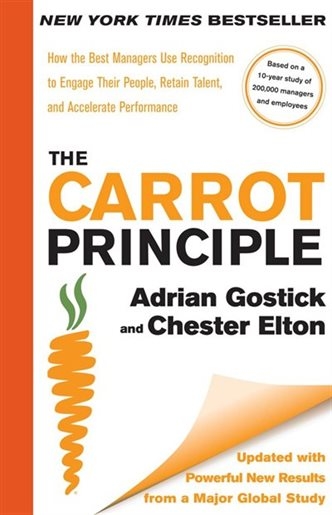
When buying a house, there can be a lot of stakeholders in the mix. Everyone from lawyers and realtors to mortgage agents has essential expertise and experience to contribute to the process, ensuring a legally binding sales agreement. A mortgage agent can be a necessary ingredient in setting up a mortgage. However, sellers and buyers are unaware of what a mortgage agent does.
Here is the truth about what to expect when working with a mortgage agent and the part they bring to the table.
What is a mortgage agent?

The base definition of a mortgage agent is a licensed individual who arranges financing for a borrower by exploring different lenders. They review each lender’s rates, terms, and conditions as they apply to a customer’s unique financial circumstances.
A mortgage agent can be an individual, a business, or a corporation. Anyone can become a mortgage agent. However, they must be licensed to provide these services and know how to work with different lenders.
Mortgage Agent vs Mortgage Broker

There is a difference between a broker and a mortgage agent, The mortgage broker has to pass an additional course and can manage other mortgage agents. A mortgage agent is a more base-level customer service representative with extensive experience, skill, and knowledge in different lender practices.
Some mortgage agents work with anywhere from a handful to up to 50 lenders or more, and they must know each and their terms.
Mortgage Agents vs Mortgage Lenders

Mortgage agents are not lenders; they do not work directly for one lender. They are a neutral third party that shows the borrower different terms and conditions and offers from different lenders. Essentially, they are the conduit through which a borrower can shop around to different lenders and find the best mortgage product for their needs.
Any buyer can walk into a bank and request a mortgage directly with this type of lender. If this is you, you don’t need a mortgage agent.
Mortgage agents are your advocate

When buyers walk into a bank and request a mortgage, they are only provided that one option. Sure, they could go to multiple banks and lenders and negotiate a mortgage separately with each to determine which would serve their interests best. A much faster and more efficient way to compare and contrast different lenders, however, is to use a mortgage agent.
A mortgage agent will sit down with you, discuss your home purchasing plan, inquire about the financing you need, and work on your behalf to find the right option from any lender. It’s a personalized service that saves time, money, effort, and stress.
Mortgage Terms & Rates

You are more likely to walk away from a mortgage agent with better terms on your mortgage and more flexibility. This is because you are exposed to more lenders and financing avenues than if you were trying to do this alone.
A mortgage agent will shop around for the best rate for you. You are not limited to any one lender. An agent can compare different offers and products, ensuring you aren’t compromising on what you want and confirming the lowest available interest rate.
Some may also be able to leverage relationships and volume discounts to get even better rates and terms than what is publicly advertised.
Mortgage Expertise

No one works with so many different mortgage products as agents do. For this reason, you can ask questions and get answers directly from an expert who is not tied to any individual lender. Especially for first-time homebuyers, collaborating with a mortgage agent can put one’s mind at ease.
Non-Traditional Mortgage Solutions

There are many situations where finding a mortgage can prove difficult, and a mortgage agent can assist in various ways. For example, if you’re self-employed, a mortgage agent can help you secure a mortgage at a better rate and with better conditions than going directly to a lender.
They can also advise on non-traditional mortgage products, such as reverse mortgages and spousal separation mortgages, among other products.
Mortgage Paperwork

A mortgage agent also guides you through the paperwork to secure a mortgage. They can assist with gathering the necessary information and required documents that accompany your paperwork, ensuring it’s all completed and submitted to your chosen lender for final approval.
During these final stages, an agent will also work with your lawyer and lender to approve the mortgage.









